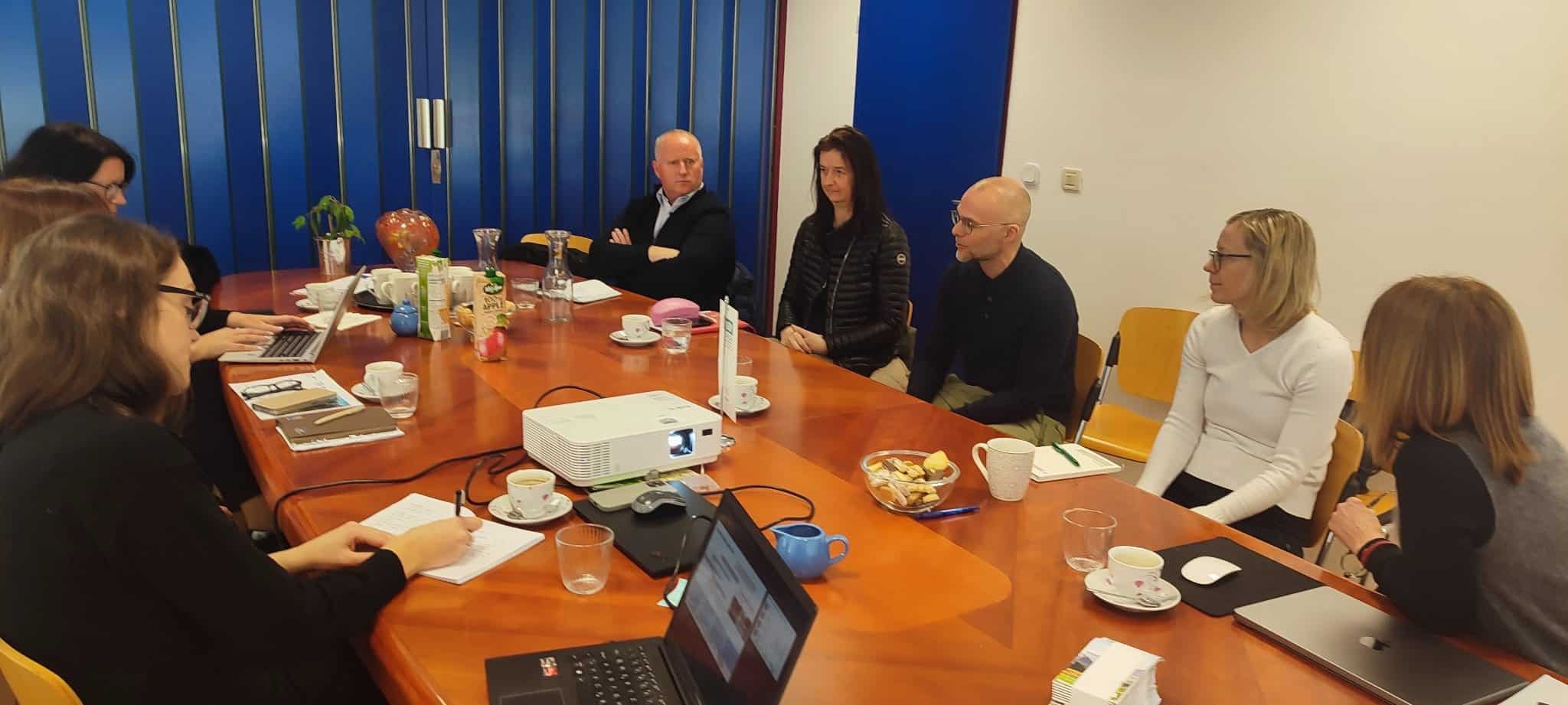RAGOR and ZRC SAZU recently organised a political meeting that brought together local and national policy-makers, regional development agencies and the Slovenian representatives in international Alpine Space institutions. The main objective was to explore policy constraints and opportunities related to the transition of mountain resorts and their adaptation to climate change.
Key points of discussion
The participants discussed about several critical challenges in achieving a sustainable transition of mountain resorts:
- Climate change: Participants agreed that ski tourism is a cornerstone of the local identity of mountain resorts in the Alps. However, its existence is highly threatened by changing climate conditions, especially in low altitude mountain resorts. Therefore, ski tourism should be maintained and preserved as long as it is economically viable, with the participation of local communities and stakeholders. At the same time, new winter tourism products should be developed, prioritising environmental sustainability and reducing dependency on snow cover.
- Policy framework: Although existing international and national policy documents address the challenges facing mountain resorts, implementation remains unsatisfactory. Participants agreed that intersectoral cooperation and cooperation between national and local levels of governance should be strengthened in order to better support mountain resorts in their transition paths.
- Legislative adaptations: Mountain resorts in Slovenia are expecting new legislative frameworks that will regulate, among other things, tourist accommodation and outdoor activities. Forthcoming legislative changes are being prepared by the ministry, responsible for tourism development, and will address some of the key challenges identified in Slovenian mountain resorts.
- Involvement of local communities: The active participation of local inhabitants and stakeholders in policy-making is essential for the design and implementation of sustainable initiatives. The Municipality of Kranjska Gora recently adopted a new municipal strategy for tourism development, which is a good example of public involvement in local policy-making processes.
Policy recommendations for sustainable transition of mountain resorts in the Slovenian context
The aim of the political meeting was to identify key systemic changes at different levels of governance that will better support mountain resorts in their sustainable transition.
Intersectoral cooperation
- in particular between tourism, spatial planning, agriculture, infrastructure and mobility
Cooperation between local and national levels of governance
- modification of rules on the eligibility of tourist tax spending
- sustainable mobility planning
- support for tourist municipalities to upgrade wastewater treatment systems to cope with seasonal increases in users
- easing operational requirements for small ski resorts, which are important for bringing up young generations of skiers
Governance of mountain resorts
- public participation, stakeholder involvement and awareness-raising to strengthen the sense of belonging to the community and co-ownership of development outcomes through the involvement in policy-making
- municipal revenues from tourism taxes should be reinvested to improve the quality of life of local communities (housing, sustainable mobility) and to support the development of tourism products to reduce the dependence on snow cover
Preventing socially and environmentally unsustainable practices
- consistent protection of cultural heritage, landscapes and the environment, and restoration of inappropriate developments
Reducing uncertainties in the operation of ski resorts
- public-private partnerships in the ownership of ski lifts
- introduction of joint national and/or regional cross-border ski passes
The political meeting brought together decision-makers and stakeholders from different levels of governance. It resulted in a fruitful discussion that will contribute to better institutional cooperation and a bright future for Slovenian mountain resorts.



